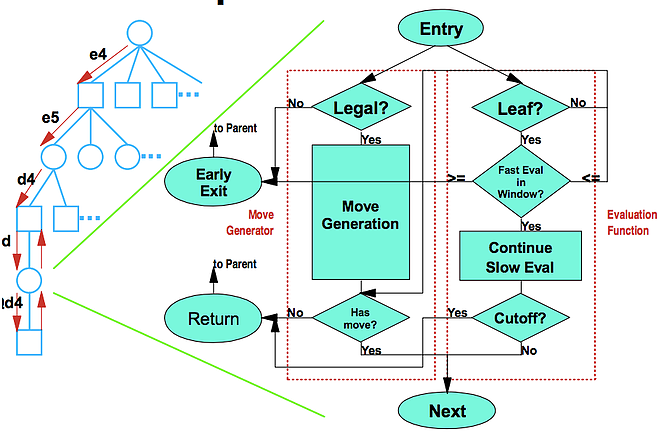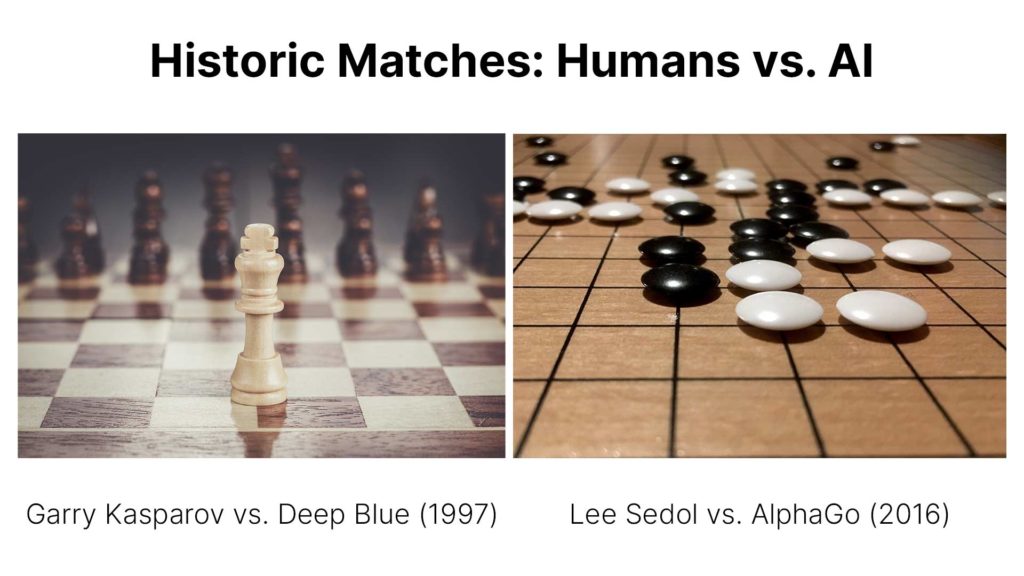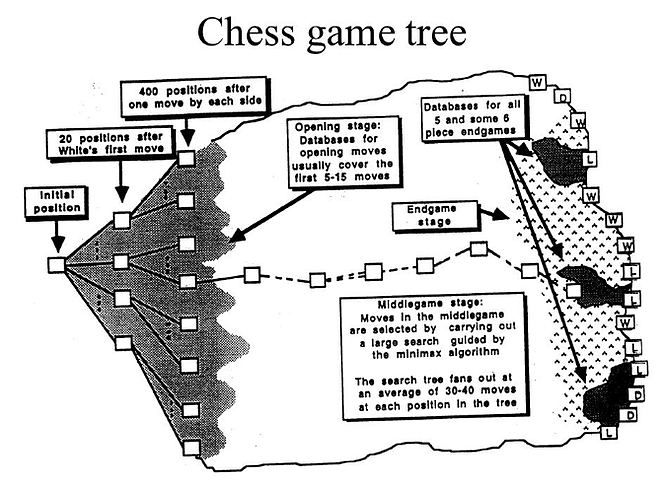

DEEP BLUE succeeded Deep Thought and was developed to make up for inadequacies in programming and hardware. A few years later the Deep Thought project was launched, but lost miserably to Kasparov in 1986. But not until 1983 did computer technology triumph over a chess master in any tournament. With the introduction of integrated circuits, the first chess playing computers went on the market in 1976. In 197, the Machack IV computer was the first to play in a human chess tournament. In fact, the first chess program was written by Alex Bernstein of the Massachusetts Institute of Technology between 19. But constructing chess playing computers did not start up recently. Originally, when Kasparov became World Champion back in 1985 at the age of 22, programmers and computer engineers had been hard at work in constructing solid chess playing machines. Hsu was on the team that created Deep Thought, the predecessor of DEEP BLUE the computer drifts planlessly and gets into trouble." Kasparov concludes, "So although I think I did see some signs of intelligence, it's a weird kind, an inefficient, inflexible kind that makes me think I have a few years left." ".my overall thrust was to avoid giving the computer any concrete goal to calculate toward. In the final five games in which Kasparov drew two and won three, he played with a different style.

I could feel-I could smell-a new kind of intelligence across the table." DEEP BLUE later went on to recover the sacrificed pawn and, in effect, to win the first match. I had played a lot of computers but had never experienced anything like this.

Kasparov stated, "I was stunned by this pawn sacrifice. Although Kasparov probably would have made the move himself, he realized that the outcome of it was uncertain. In a recent Time article, Kasparov discussed how in one certain position of that first match, the computer offered a pawn sacrifice (usually a sacrifice of material is offered to gain a lead in position). Marsland, spectators, chess experts, and even Kasparov himself, were shocked that DEEP BLUE had actually played an amazing game and beat the world champion. Although Kasparov claimed the 400,000 dollar prize for winning the match (the "computer" claiming 100,000), the astonishing fact was that the World Champion lost the first game.īefore the first match even started, Tony Marsland, president of the International Computer Chess Association, is quoted as saying,"Computer chess experts have predicted that within five years the world chess champion will lose a match to a computer.this match will be the first such attempt." After the first game was over, Mr.
DEEP BLUE CHESS COMPUTER GOAL BASED SERIES
1996 - Deep Blue's IntelligenceĪ series of chess matches only two months ago has again brought new life to the question, "Can machines think?"įrom February 10th to the 17th in Pennsylvania, Pa., Garry Kasparov, World Chess Champion, won three matches, drew two, and lost one, to the strongest chess playing computer ever developed.


 0 kommentar(er)
0 kommentar(er)
